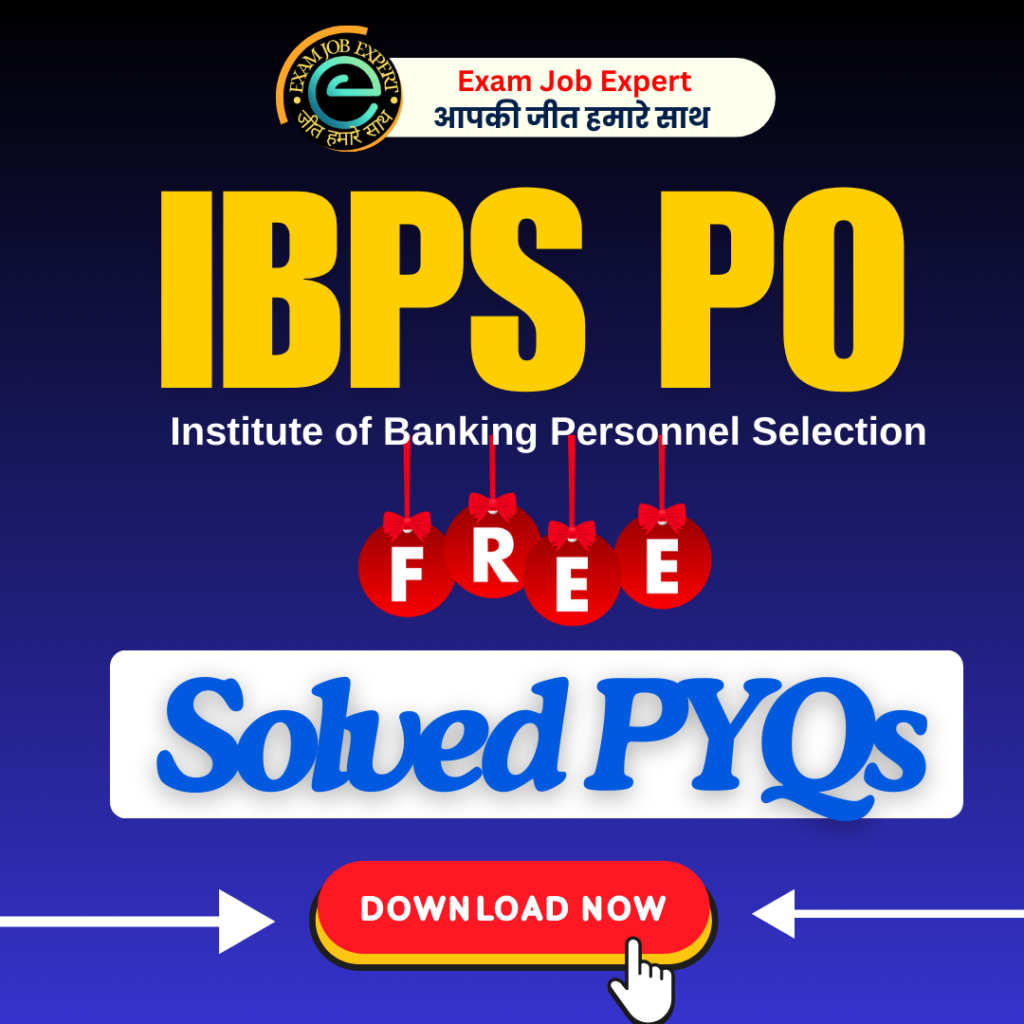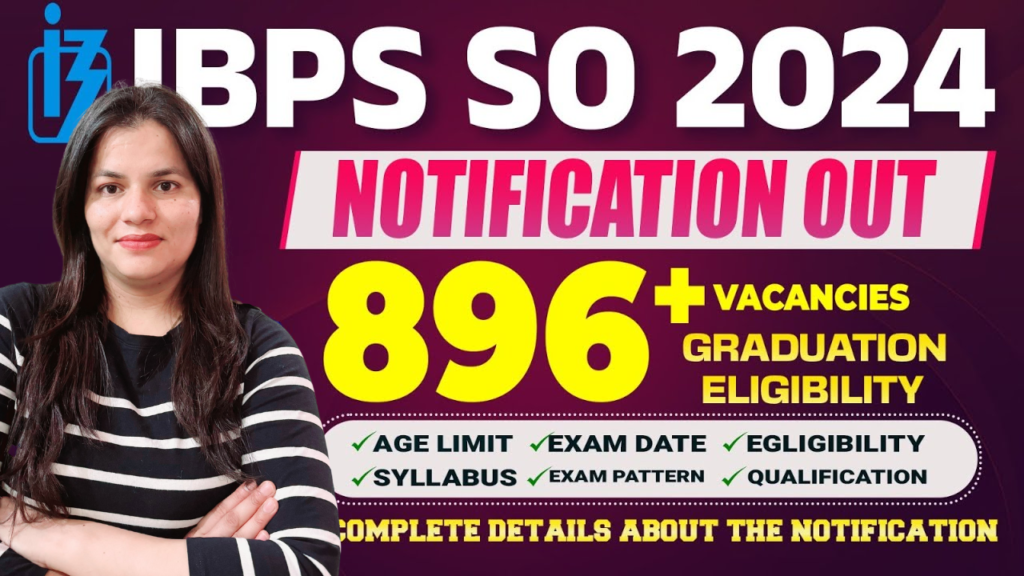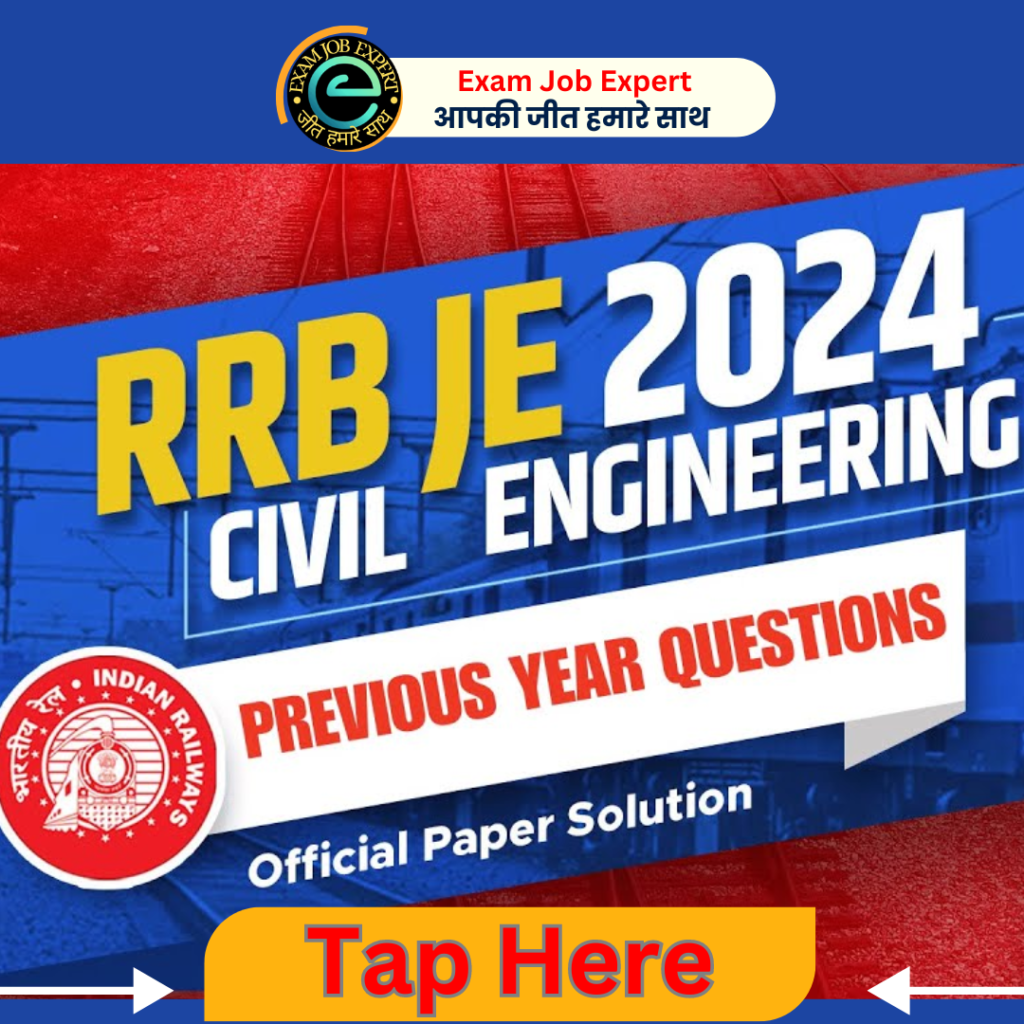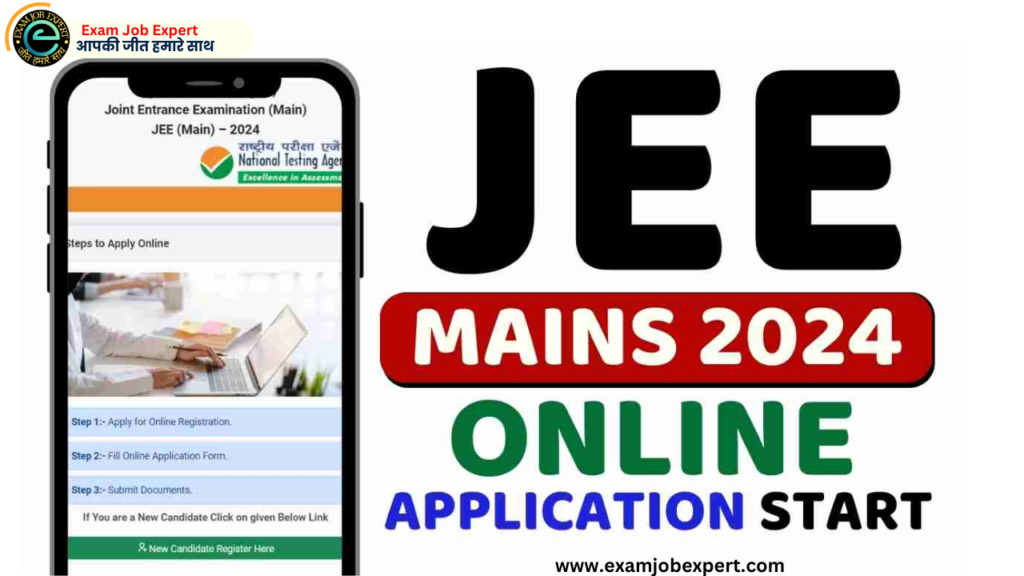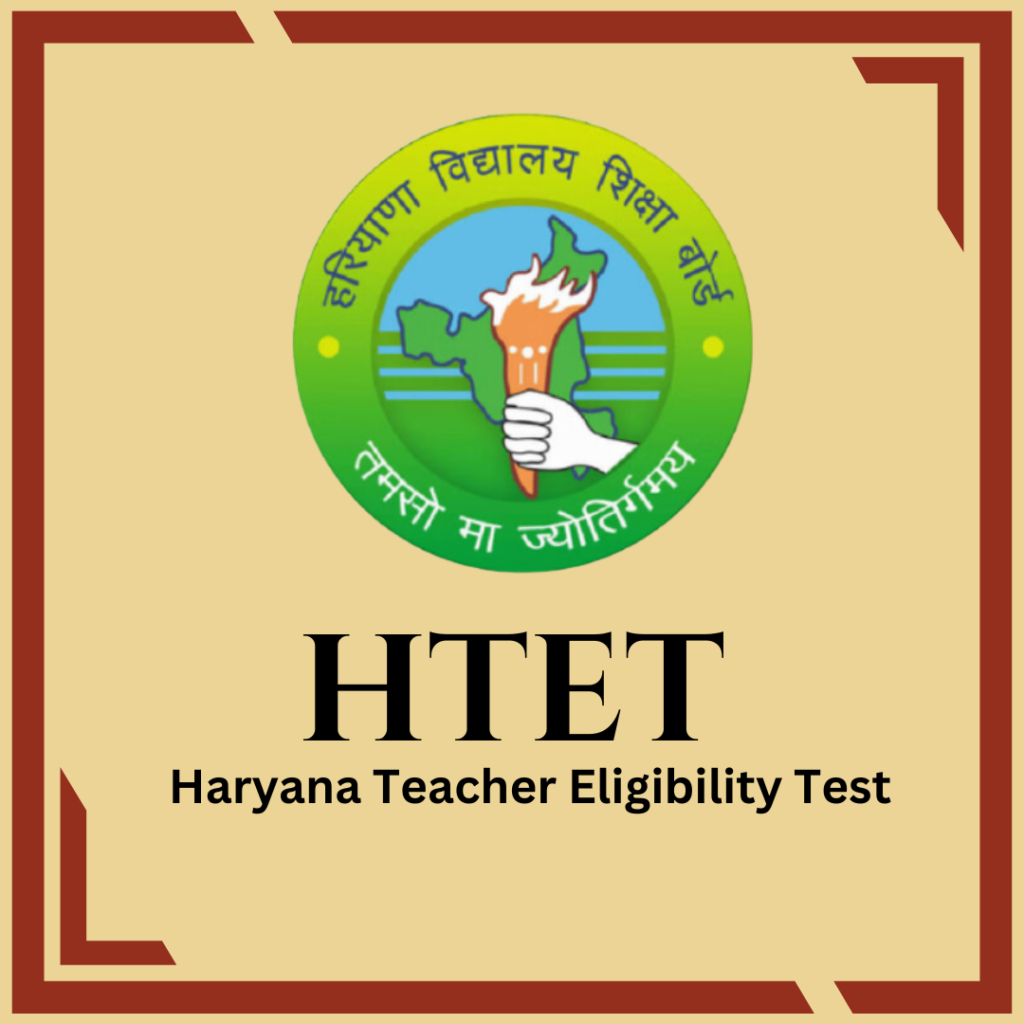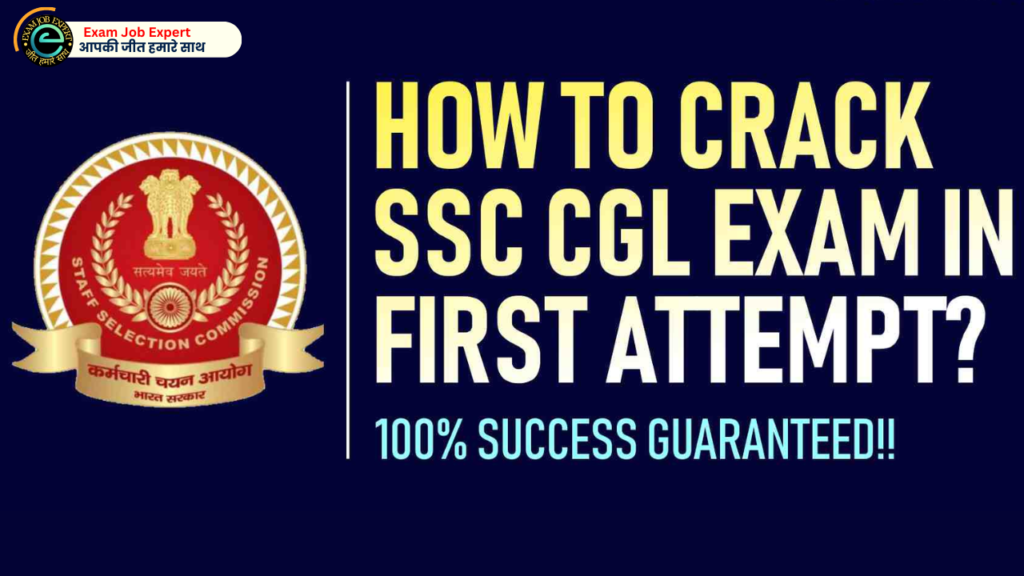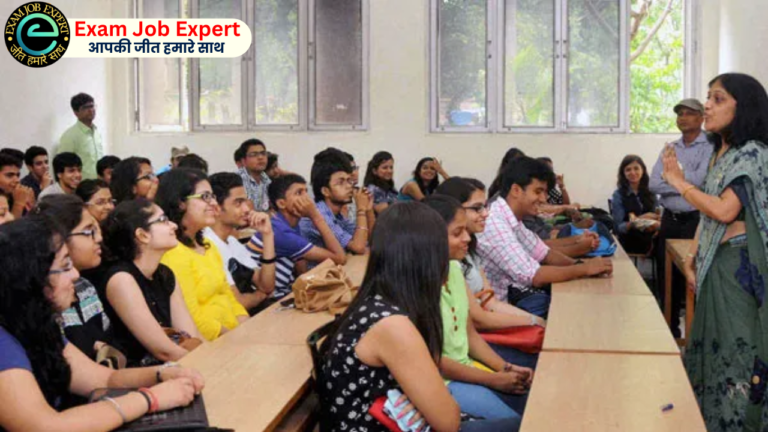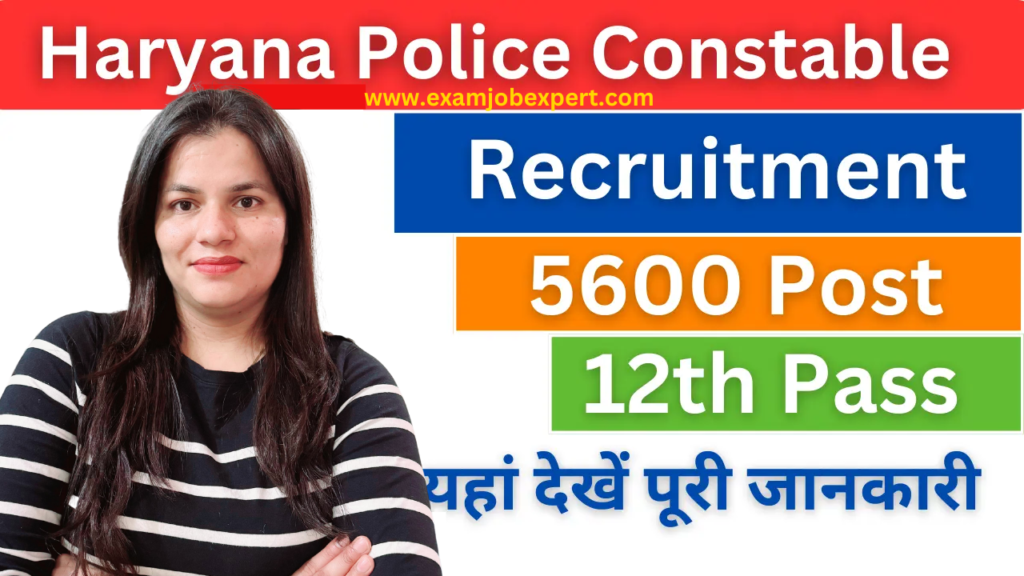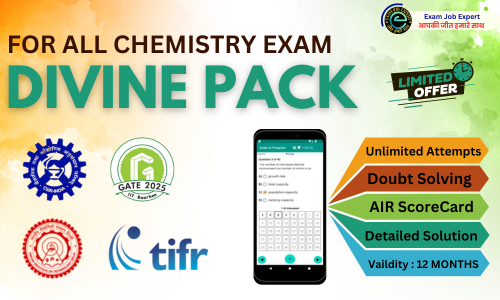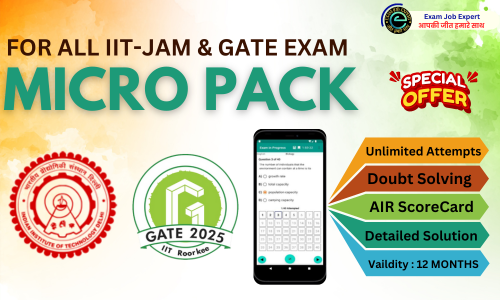SSC CGL Preparation Strategy 2024, Check Section Wise Tips
By EXAM JOB EXPERT Published: August 29, 2024
SSC CGL Preparation Strategy 2024
SSC CGL Preparation: Every Year, the Staff Selection Commission conducts the Staff Selection Commission Combined Graduate Level (SSC CGL) exam to recruit for the various posts namely to recruit Group B (Gazetted and Non-Gazetted) officers and Group C staff in the Central Ministries. This is one of the most highly competitive SSC exams where lakhs of candidates apply for thousands of vacancies every year. For clearing such types of exams candidates need a preparation strategy to compete in a crowd between lacs of aspirants. In this blog, we are providing the way for the SSC CGL Preparation Strategy in a detailed way which took the aspirant to their goal.
ADVERTISEMENT
SSC CGL 2024 Preparation Strategy
Candidates who want to clear the SSC CGL 2024 exam should follow a well-thought-out study plan. It is one of the most competitive exams. So, to stand ahead of all other candidates, you should start by understanding the SSC CGL 2024 syllabus and exam pattern. Master the basics and shortcuts and then attempt a mock test and carefully take into account the mock test feedback and try to improve. Pay heed to the most important topics and practice them as much as possible. You also should go through previous years’ papers and try your best to understand the type of questions that are asked in the exam. In addition, stay updated with current affairs to fetch maximum marks in the General Awareness section. Kill two birds with one stone by reading the newspaper and magazines daily. It will not only improve your writing skills and vocabulary but also help you master the GA section. Don’t forget that dedication and hard work are always fruitful.
SSC CGL Preparation For Tier 1
SSC CGL Tier 1 includes 4 sections namely Quantitative aptitude, General intelligence and reasoning, English and General Awareness. SSC CGL Tier 1 exam consists of 200 marks and the time duration is 1 hour (Composite). For each correct answer, the candidate will get 2 marks and for every wrong answer, 0.50 mark will be deducted. SSC CGL is qualifying in nature. The candidate who qualifies SSC CGL Tier 1 can only appear for the next round i.e Tier 2
SSC CGL Preparation For Tier 2
SSC CGL Tier 2 includes Mathematical Reasoning, Reasoning and General Intelligence, English Language and Comprehension, General Awareness, Computer Knowledge Test and Data Entry Speed Test. SSC CGL Tier 2 consists of 150 Questions (130 For Merit + 20 For Computer Knowledge Test Qualifying). The candidate has to clear Session 1 and Session 2 of Paper 1 to appear for the Final Round i.e. Document and Medical Verification.
SSC CGL 2024 Topic Wise Weightage
With our expert opinion and previous year’s trend, we are providing the section-wise and topic-wise weightage for SSC CGL Preparation. The topic-wise weightage will help the candidate to analyze the important topic.
SSC CGL Topic Wise Weightage For General Intelligence and Reasoning
The SSC CGL General Intelligence and Reasoning consists of 25 Questions for 50 Marks (2 Marks for each question. Coding- Decoding, Non-Verbal Reasoning, Analogy and Classification, these topics are most frequently asked topics in the SSC CGL 2024 exam. Here is the Topic-wise weightage for the General Intelligence and Reasoning section.
| SSC CGL General Intelligence & Reasoning Weightage | |
| Topic | Weightage |
| Analogy | 2-3 |
| Classification | 2-3 |
| Series | 1-2 |
| Coding- Decoding | 2-3 |
| Blood Relation | 1 |
| Syllogism | 1 |
| Puzzle | 1 |
| Venn Diagram | 1-2 |
| Non Verbal Reasoning | 3-4 |
| Order & Ranking | 1 |
| Clock & Calendar | 1 |
| Direction & Distance | 1 |
| Seating Arrangement | 1 |
| Miscellaneous | 2-3 |
SSC CGL Topic Wise Weightage For General Awareness
The SSC CGL General Awareness consists of 25 Questions for 50 Marks (2 Marks for each question. Static GK is the most important topic of the General Awareness section. Here we are providing you the Topic-wise weightage for the General Awareness section.
| SSC CGL General Awareness Weightage | |
| Topic | Weightage |
| History | 2-3 |
| Geography | 2-3 |
| Polity | 2-3 |
| Economics | 1-2 |
| Science | 4-5 |
| Computer | 1-2 |
| Static GK | 4-5 |
| Current Affairs | 4-5 |
SSC CGL Topic Wise Weightage For Quantitative Aptitude
The SSC CGL General Awareness consists of 25 Questions for 50 Marks (2 Marks for each question. Static GK is the most important topic of the General Awareness section. Here we are providing you the Topic-wise weightage for the General Awareness section.
The SSC CGL Quantitative Aptitude section consists of 25 Questions for 50 Marks (2 Marks for each question. The most frequently asked topics from quantitative aptitude sections are Algebra, Time and work and Profit and loss. Here is the list of the Topic-wise weightage for the Quantitative Aptitude section.
| SSC CGL Quantitative Aptitude Weightage | |
| Topic | Weightage |
| Time and work | 2-3 |
| Speed, time and distance (Boat and stream) | 1-2 |
| Number system (LCM, HCF, Remainder theorem) | 1-2 |
| SI and CI | 1-2 |
| Ratio and Proportion (Partnership, Ages, Average, AP, GP) | 2 |
| Simplification (Fractions, Decimals, Square roots, Cube roots, Square, Cube, surds and indices) | 1 |
| Profit and loss | 2-3 |
| Percentage (Income and Expenditure) | 1 |
| Mensuration | 1-2 |
| Trigonometry | 1-2 |
| Algebra | 2-3 |
| Geometry (Coordinate geometry) | 2-3 |
| Mixture and Alligation | 1-2 |
| Probability and PnC | 1-2 |
| Simplification (Fractions, Decimals, Square roots, Cube roots, Square, Cube, surds, and indices) | 2-3 |
SSC CGL Topic Wise Weightage For English Comprehension
The SSC CGL English Comprehension section consists of 25 Questions for 50 Marks (2 Marks for each question. The SSC CGL English Comprehension section weightage is as follows.
| SSC CGL English Comprehension Weightage | |
| Topic | Weightage |
| Error Spotting | 3-4 |
| Vocab (Antonyms, Synonyms, One-word Substitution, Phrases and Idioms, Spellings) | 5-6 |
| Cloze test | 5 |
| Reading Comprehension | 5 |
| Sentence Improvement | 3-4 |
| Grammar (Voice, Narration, Conjunction, Adverb, Fill in the blanks etc.) | 3-4 |
| Para Jumbles | 1-2 |
Top Books for SSC CGL Exam 2024
In this section, we have a list of books that candidates should follow to complete the preparation for the SSC CGL Exam preparation.
| Subject | Book Title | Author | Year |
| General English | Objective General English | S.P. Bakshi | 2002 |
| General English | Quick Learning Objective General English | R.S. Aggarwal | 2006 |
| General English | Word Power Made Easy | Norman Lewis | 1949 |
| General English | High School English Grammar and Composition | P. C. Wren | 1935 |
| General English | Objective English for Competitive Examination | Hari Mohan Prasad | 1999 |
| Quantitative Aptitude | Quantitative Aptitude for Competitive Examinations | R.S. Aggarwal | 2017 |
| Quantitative Aptitude | Fast Track Objective Arithmetic | Rajesh Verma | 2014 |
| Quantitative Aptitude | Magical Book On Quicker Maths | M. Tyra | 2009 |
| Quantitative Aptitude | Quantitative Aptitude | R.S. Aggarwal | 2001 |
| Quantitative Aptitude | RS Agarwal – Quantitative Aptitude + Logical Reasoning | R.S. Aggarwal | Year not specified |
| Reasoning | A Modern Approach to Verbal & Non-Verbal Reasoning | R.S. Aggarwal | 2012 |
| Reasoning | Logical and Analytical Reasoning (Useful for All Competitive Exams) | A K Gupta | 2020 |
| Reasoning | Logical Reasoning and Data Interpretation for the CAT | Nishit K. Sinha | 2016 |
| Reasoning | A New Approach to Reasoning Verbal & Non-Verbal | B.S. Sijwalii | 2011 |
| Competitive Exam Preparation | Ultimate Guide to SSC Combined Graduate Level – CGL | Disha Experts | 2017 |
| Competitive Exam Preparation | Oswaal SSC CGL (Combined Graduate Level) Tier-I 25 Previous Years | 2024 | Year-wise 2016-2023 |
| Competitive Exam Preparation | Solved Papers | For 2024 Exam |
SSC CGL Preparation Tips
Preparing for the SSC CGL (Staff Selection Commission – Combined Graduate Level) exam requires a strategic approach. Here are some tips to help you prepare effectively:
1. Understand the Exam Pattern and Syllabus
- Tiers: The SSC CGL exam has four tiers:
- Tier I: Preliminary (Objective Type, 200 marks)
- Tier II: Main Exam (Objective Type, varies by post, includes four papers)
- Tier III: Descriptive Test (Essay/Letter Writing, 100 marks)
- Tier IV: Data Entry Skill Test/Computer Proficiency Test (for specific posts)
- Syllabus: Be thorough with the syllabus for each tier and prioritize topics based on your strengths and weaknesses.
2. Create a Study Plan
- Daily Schedule: Allocate specific time slots for each subject (Quantitative Aptitude, General Awareness, English Language, and General Intelligence & Reasoning).
- Weekly Targets: Set weekly targets and review your progress.
- Revision: Regularly revise the topics you’ve covered.
3. Focus on Key Subjects
- Quantitative Aptitude: Practice regularly to enhance speed and accuracy. Focus on topics like Algebra, Geometry, Trigonometry, and Data Interpretation.
- English Language: Improve your grammar, vocabulary, and comprehension skills. Reading newspapers and practicing previous years’ papers can be very helpful.
- General Awareness: Stay updated with current affairs, especially topics related to history, geography, economics, and science. Reading newspapers, magazines, and online resources regularly can be useful.
- Reasoning Ability: Practice logical reasoning, puzzles, and pattern recognition. These questions require critical thinking, so practice different types of problems.
4. Practice Mock Tests and Previous Papers
- Mock Tests: Regularly take online mock tests to simulate the exam environment. This will help you manage time and build confidence.
- Previous Year Papers: Solving previous year question papers will give you a clear idea of the exam pattern and the type of questions asked.
5. Time Management
- Speed and Accuracy: Work on your speed but don’t compromise accuracy. Use shortcuts and tricks for quantitative problems but ensure your methods are correct.
- Time Allocation: During the exam, allocate time wisely to each section. Don’t spend too much time on a single question.
6. Focus on Weak Areas
- Identify your weak areas and dedicate more time to improving them. Take additional practice tests in these areas.
7. Stay Updated with Notifications
- Keep an eye on SSC notifications for any changes in the exam pattern or syllabus. Also, make sure you are aware of the exam dates and admit card release dates.
8. Health and Well-being
- Healthy Routine: Ensure you maintain a healthy diet, exercise regularly, and get adequate sleep. A healthy body supports a healthy mind.
- Stress Management: Practice relaxation techniques such as meditation or deep breathing exercises to manage exam-related stress.
9. Join Study Groups or Coaching (if needed)
- If self-study isn’t enough, consider joining a coaching center or an online study group. Discussing with peers can help you gain new insights and tips.
10. Revision Strategy
- Closer to the exam, revise all important formulas, concepts, and shortcuts. Focus on the areas where you are most likely to make mistakes.
FAQs SSC CGL Preparation Strategy Tips
1. What is the best time to start preparing for the SSC CGL exam?
- Answer: Ideally, 6-8 months of preparation is sufficient if you study consistently. However, if you’re already familiar with the syllabus, 4-6 months of focused preparation can also be enough.
2. How important is it to cover the entire syllabus?
- Answer: Covering the entire syllabus is crucial, especially for Tier I and Tier II. However, focus more on high-weightage topics and your weak areas. Leave out only the topics that are least likely to appear and are too time-consuming to master.
3. Can I clear SSC CGL with self-study, or do I need coaching?
- Answer: Many candidates clear the SSC CGL with self-study. However, coaching can be beneficial if you need structured guidance or have difficulty understanding certain topics. Online resources and mock tests can also supplement self-study effectively.
4. How should I manage time during the SSC CGL exam?
- Answer: Practice time management by taking mock tests regularly. Prioritize questions based on your strengths, and avoid getting stuck on difficult questions. Allocate specific time limits to each section and stick to them.
5. How can I improve my speed and accuracy in the Quantitative Aptitude section?
- Answer: Regular practice is key. Focus on mental math, shortcuts, and tricks to solve problems faster. Practice different types of questions and revisit topics where you make mistakes.
6. How to stay updated with General Awareness for SSC CGL?
- Answer: Regularly read newspapers, magazines, and follow reliable online sources. Focus on current affairs, especially those related to the last 6 months before the exam. Make notes and revise them frequently.
7. What are the best resources for SSC CGL preparation?
- Answer: Standard books like:
- Quantitative Aptitude: “Quantitative Aptitude by R.S. Aggarwal” and “NCERT Mathematics (Class 9-12)”
- English Language: “Objective General English by S.P. Bakshi” and “Wren & Martin’s High School English Grammar & Composition”
- General Awareness: “Lucent’s General Knowledge” and regular newspapers
- Reasoning: “A Modern Approach to Verbal & Non-Verbal Reasoning by R.S. Aggarwal”
- Additionally, online mock tests and previous years’ papers are highly recommended.
8. How can I effectively revise for the SSC CGL exam?
- Answer: Create concise notes and flashcards for quick revision. Focus on revising important formulas, vocabulary, and key concepts. In the final weeks, concentrate on mock tests and revising mistakes from those tests.
9. How many hours should I study daily for SSC CGL preparation?
- Answer: It varies per individual, but generally, 5-6 hours of focused study daily is recommended. However, quality matters more than quantity, so ensure your study sessions are productive.
10. What should I do if I’m not scoring well in mock tests?
- Answer: Analyze your mock test performance to identify weak areas. Focus on improving these areas by revisiting the concepts and practicing more questions. Don’t get discouraged; instead, use mock tests as a learning tool.
11. How important is it to solve previous years’ question papers?
- Answer: Solving previous years’ question papers is extremely important. It helps you understand the exam pattern, the type of questions asked, and the difficulty level. It also aids in time management during the actual exam.
12. What strategy should I follow in the last month before the exam?
- Answer: In the last month, focus on revision and taking full-length mock tests. Avoid learning new topics, and concentrate on strengthening what you already know. Ensure you get enough rest and keep stress levels low.


